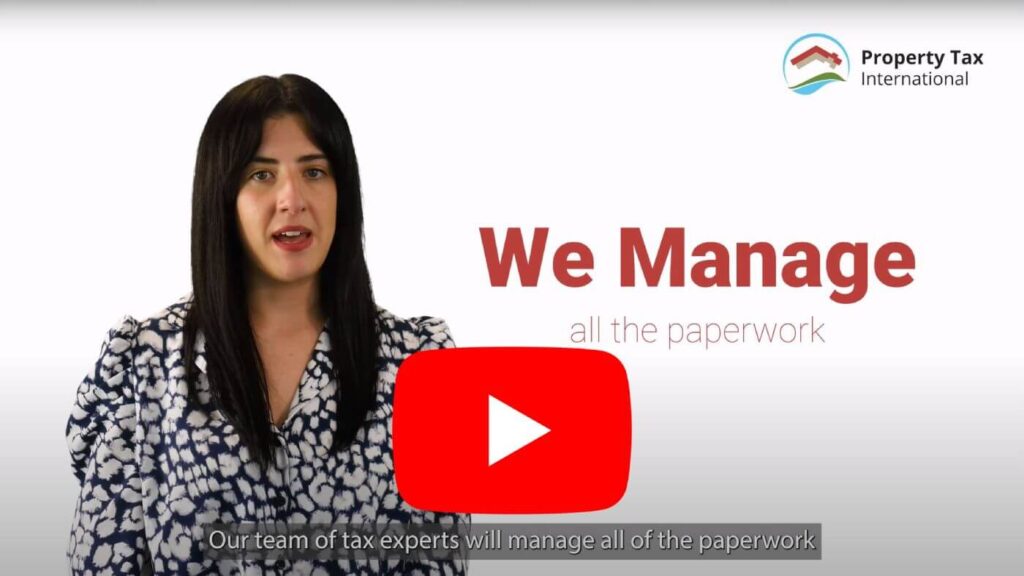Last Updated on June 10, 2025
Income tax on rental property
Many overseas investors are intrigued by the idea of buying investment property in the US. And it’s no surprise.
After eight years of steady house price increases, the housing boom in the United States continues.
-
- In this guide:
- Do foreigners pay income tax on rental property in the US?
- When do you have to pay income tax on rental property? What counts as rental income?
- What are the tax requirements for rental income from US property?
- Does a US nonresident alien have to file a tax return for rental income?
- Am I a resident or nonresident alien for tax purposes in the US?
- What rental expenses are deductible in the US?
- How can depreciation lower income tax on rental property?
- What tax form does a nonresident alien file?
- How can nonresident landlords pay less tax in the US?
- When is the US tax deadline?
- What happens if I miss the US tax deadline?
- Who can help me file my US nonresident landlord tax return?
- Who are we?
- In this guide:
A lot of British residents are buying property in Florida and that’s a popular trend right now.
A buy-to-let can generate a substantial, ongoing cash flow, and it’s an excellent retirement investment they say. It sounds awesome, and it can be, but did you know you can also save money come US tax time?
If you own a rental property in the US, it’s important to remember that you will have a tax filing requirement.
The nonresident income tax on rental property in the US can be confusing, and taxpayers frequently struggle to comprehend their tax obligations, and how to avoid fines.
US tax on rental income for non residents gets even more complicated because you must address both the US rental income tax and your own country’s tax rules.
With this in mind, you may be asking yourself what are the tax obligations of nonresidents with rental income in the US. Do foreign investors pay tax on rental income? Or who can help you file US landlord tax return?
In this guide, we will cover what a nonresident landlord must know about the rental income tax in the US.
Do foreigners pay income tax on rental property in the US?
Yes. Let’s dive deeper into the US tax on rental income for nonresidents.
A nonresident who is receiving rental income from US real property is generally subject to a 30% withholding tax applied on the gross amount of each rental payment.
Tax audits and fines may be incurred if the required papers are not filed and taxes are not paid on this income.
But there is a way to reduce the amount of income tax you are required to pay (more on this later).
When do you have to pay income tax on rental property? What counts as rental income?
When it comes to your rental income and taxes, this counts as rental income:
- Advance Rent Payments: If your tenant pays rent ahead of time, like the first and last month’s rent, that’s counted as income.
- Monthly Rent: Of course, the regular monthly rent is rental income.
- Security Deposits: Deposits meant for damage coverage aren’t income, but any portion you keep as payment counts.
- Lease Cancellation Fees: If tenants pay to cancel a lease, that money is rental income.
- Property or Services Instead of Rent: If you waive your tenant’s monthly rent payment for something like a fence installation, its value is rental income.
- Tenant-Paid Owner Expenses: If tenants pay expenses they’re not responsible for, that’s income for you.
- Partial Ownership: If you own only part of the property, report your share of the rental income.
- Lease with Option to Buy: All payments from tenants with the option to buy are considered rental income.
What are the tax requirements for rental income from US property?
When a nonresident alien buys property located in the US, usually there is no initial obligation to pay taxes or file any forms with the IRS.
This changes, as soon as there is any rental income.
The IRS considers any property you own and rent out for at least 15 days each year as a rental property. Rental property, according to the IRS, can be a single house, apartment, condo, mobile home, vacation home, or a similar place to live.
The tax rate on this income depends on whether this is considered effectively connected income (ECI) that is associated with a US business/ trade, or passive income (also known as FDAP income).
FDAP income is typically taxed at a rate of 30% of a rental property’s gross income. This is the default option. If the landlord chooses this option he/she will pay much more and should provide the tenant with Form W-8BEN.
On the other hand, ECI is taxed at progressive rates based on the net income earned after expenses and deductions are applied.
This is also the smarter choice because you will be taxed at the standard graduated rates that apply to residents and citizens of the US.
Read more:
What Europeans need to know about tax if owning a property in the US
Global rental income – A guide for American investors with overseas property




